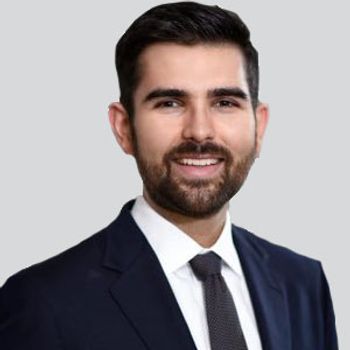
About half of national (49%) and international trainees rarely or never counseled patients on sudden death in epilepsy, despite the majority reporting seeing at least 45 patients with the condition during their training.

About half of national (49%) and international trainees rarely or never counseled patients on sudden death in epilepsy, despite the majority reporting seeing at least 45 patients with the condition during their training.
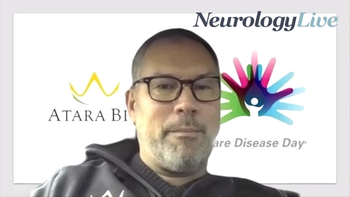
The head of global research and executive vice president of Atara Biotherapeutics discussed the upcoming study evaluating ATA188.
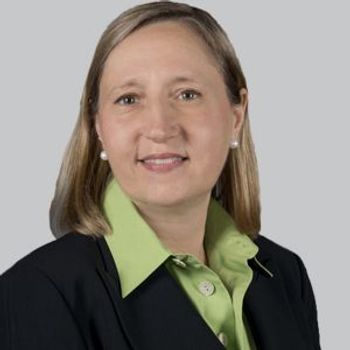
After showing early success, zavegepant eyes a pivotal phase 2/3 trial with potential regulatory submission around the corner.
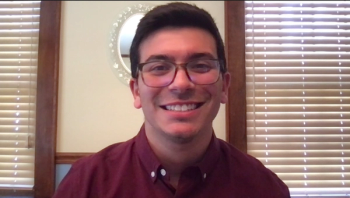
Neurology News Network for the week ending June 19, 2021.

Take 5 minutes to catch up on NeurologyLive's highlights from the week ending June 18, 2021.

The median time from randomization to atrial fibrillation detection was 99 days in the cardiac monitor group compared to 181 days for the control group.
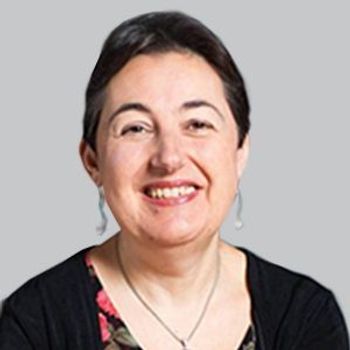
With new formulations of effective seizure rescue medications available, epilepsy specialists have begun to refine the approach and education to treating these emergency situations.

The medical director of the Ohio State Sleep Medicine Institute discussed the effect of FT218 in treating narcolepsy regardless of stimulant use, as well as its weight-related benefits it brings.

"Mind Moments," a podcast from NeurologyLive, brings you an exclusive interview with Michael J. Thorpy, MD.

While the relationship between sleep and cognition needs to be further studied, sleep-based interventions may be a future approach to help prevent cognitive decline.

Biogen’s investigational antibody against the N-terminus of tau failed to meet any of the efficacy or exploratory end points in individuals with mild cognitive impairment or mild Alzheimer disease.
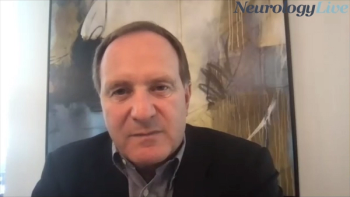
The director of the Headache Center of Southern California discussed research opportunities for layered treatment approaches in migraine.

Primary and secondary end points of the trial will assess safety and both cognitive and functional efficacy, measured through ADAS-Cog, ADCS-ADL, and CDR-SB.

The medical director of the Ohio State Sleep Medicine Institute detailed the progress made within the sleep disorder field in recent years and where it can turn to next.

Two experts in pediatric MS care, Lauren B. Krupp, MD, and Tanuja Chitnis, MD, offer tips and insight on the diagnosis of the disease and the specific challenges faced by patients stemming from their own clinical experience.
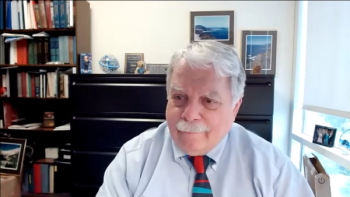
The Distinguished Professor of Neuromuscular Disease at UNC School of Medicine discussed the findings of the ADAPT trial and the promise efgartigimod has shown to be an effective agent for generalized myasthenia gravis.
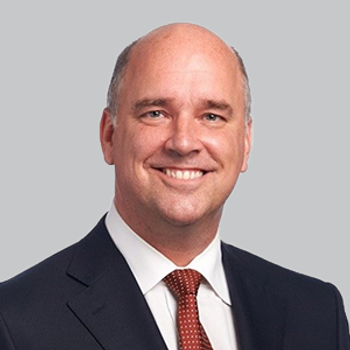
Santhera and ReveraGen announced findings of the phase 2b VISION DMD study of the investigational therapy.

ALS has only recently been associated with causative or disease-modifying mutations in 20 genes that encode proteins with diverse functions, with promising therapeutic targets including proteins in pathways that regulate protein homeostasis.
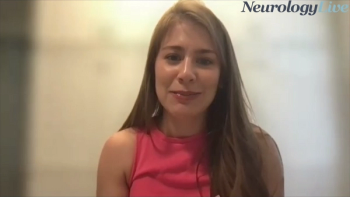
The nurse practitioner at the Woodruff School of Nursing at Emory University detailed why a cultural shift is needed to incorporate APCs into the neurology space and thus improve multidisciplinary care.

The director of the Sleep-Wake Disorders Center at Montefiore Medical Center detailed the overall state of sleep care and the advantages the investigational FT218 brings to the growing pipeline.

All agree that having a simple, standardized serum biomarker to measure disease activity would offer the greatest utility in treating a medical condition such as MS, which now has a variety of graded therapies available.
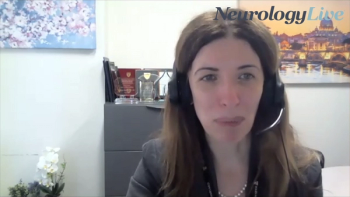
The investigator at the Healey & AMG Center for ALS at Massachusetts General Hospital also discussed further research that needs to be done in ALS.

Bayer provided an update on their phase 1 and 1b studies of dopaminergic neurons and GDNF gene therapy, respectively, for the treatment of PD.

A pharmacokinetic/pharmacodynamic model indicated that the exposures predicted with a higher dose of nusinersen may lead to more clinically meaningful increases of at least 5 points on CHOP INTEND score.

The director of the Montefiore Headache Center discussed future aspirations and potential combinations that should be researched to treat patients with migraine.
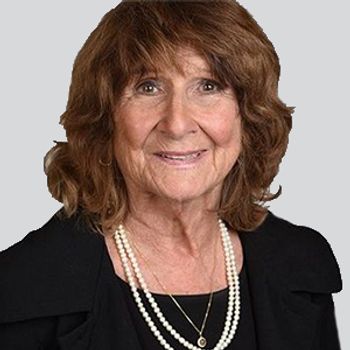
These consensus guidelines are significant not only for their key updates to clinical practice but for their representation of a more unified, global approach to diagnosing and monitoring patients with multiple sclerosis.
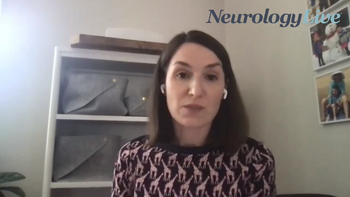
The program director of the Medstar Georgetown University Hospital Headache Medicine Fellowship program discussed the potential of INP104 to improve migraine patient care.

Higher maximum third-trimester ASM blood levels were associated with significantly lower BSID-III scores for the motor domain and lower scores for the general adaptive domain.

Despite a few surprising program failures early this year, there is plenty of potential worth holding on to in the Huntington disease pipeline.

The medical director of the Westport Headache Institute spoke to the role that devices can play in layered and variable treatment approaches, and how this better lends itself to offering personalized treatment to different individuals with migraine